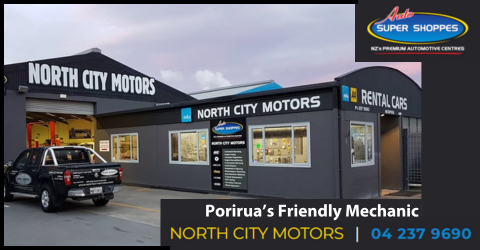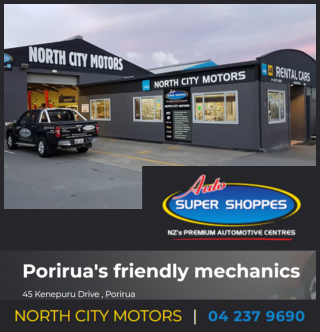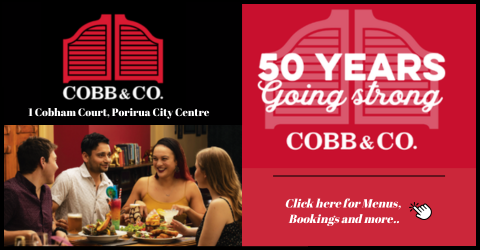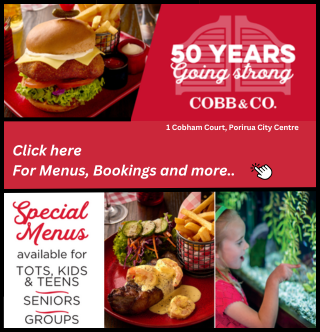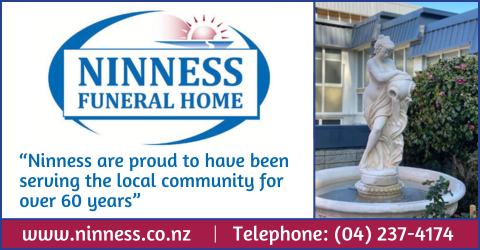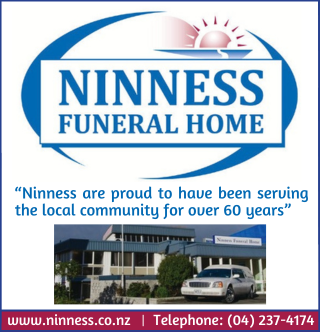At this time of year, everyone is on the road, trying to get to their favourite holiday destination, as fast as they can. Unfortunately with the festive season comes stress, angst and a general sense of urgency a recipe for disaster when there is an increased volume of traffic.
During the Christmas/New Year period it is crucial to think about the importance of being patient while travelling to and from your chosen destination, MTA spokesperson Stephanie Anderson says.
According to psychology experts, being patient is a skill that needs to be developed and worked at it’s not something that comes naturally. Understanding the addictive nature of anger, frustration and irritation can help you to overcome it.
There wouldn’t be many drivers out there who can say they don’t get frustrated at times remember the last time you were stuck behind a vehicle travelling at 80km/h in the far right lane on the motorway? How did you feel?
Here are a few things to consider when you’re out on the road:
Think about the best route to take to get to where you want to go. Is there a quieter road that you could take? It might normally be narrow and windy, but during peak times it could in fact be faster. And think about the best time to travel driving in peak hour is one way to raise anyone’s blood pressure. Maybe you could leave early in the morning? That way you could also avoid travelling during the hottest part of the day.
If you’re towing a boat, caravan or trailer, or just seem to be going slower than you’d expected, pull over in a safe place and let those vehicles behind you go past. It’s much better to wave them on their way than have them tailgating you for 50km, then doing something dangerous to rush past you at the first sign of a gap in the traffic.
Most people think they can cover 100km in one hour if they travel at a nominal 100km per hour. This is not the case, though. When you take into consideration the number of times you have to slow down to go through towns, go around corners, and take the odd comfort stop, you are more likely to cover 70-80km in an hour (and that’s under normal traffic conditions it will be less throughout this period).
Look at how far it is to your destination and be realistic about how long it is likely to take you: the traffic is going to be heavy and there really isn’t anything you can do to make it go faster. If you have it in your head that you should be there by 4pm, but you get to 4pm and you’re still 50km away, there’s no point in speeding up to get there faster it’s more likely to end in trouble.
When you do get the chance to travel at normal open road speeds, remember, aside from anything else, the faster you go, the more fuel you will use. “At 110km/h, you will use between 10 and 13 percent more fuel than if you stay to the posted speed limit. This could cost you up to $12 extra per tank on an average-sized car, and the likelihood is you’d hardly get there any quicker anyway,” Anderson says.
Rather than feeling as though the journey is something you have to endure, make it part of the holiday. Stop at places you’ve never been to before or have a picnic at a scenic spot with your favourite goodies. “Your holiday begins when you walk out your door from home, not when you arrive at your destination,” she says. If you have this kind of attitude then you are more likely to be in a relaxed frame of mind for your journey.
So when you hit the road this summer, have the patience to get to where you want to go and don’t become a patient at the nearest hospital. Make sensible decisions, take deep breaths and get yourself to and from home in one piece. Take the time to create memories you’ll treasure for a lifetime, rather than rushing and making ones you’ll regret.





